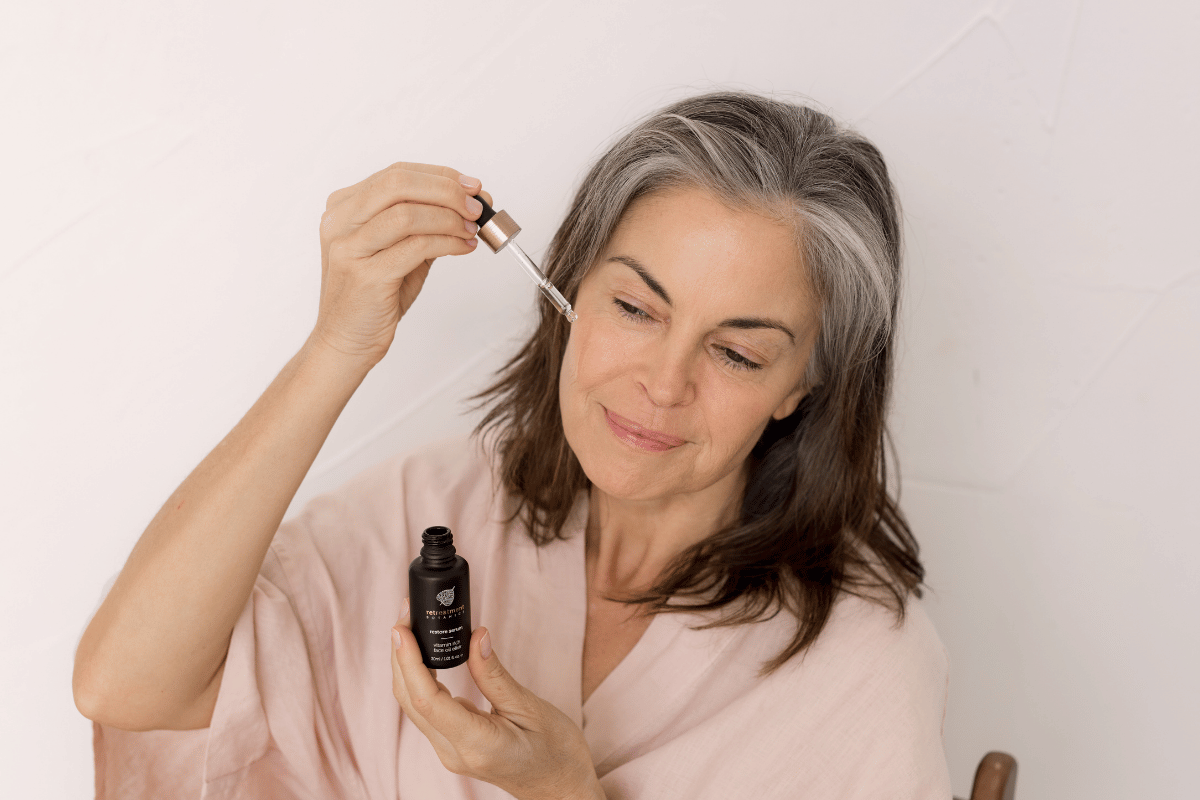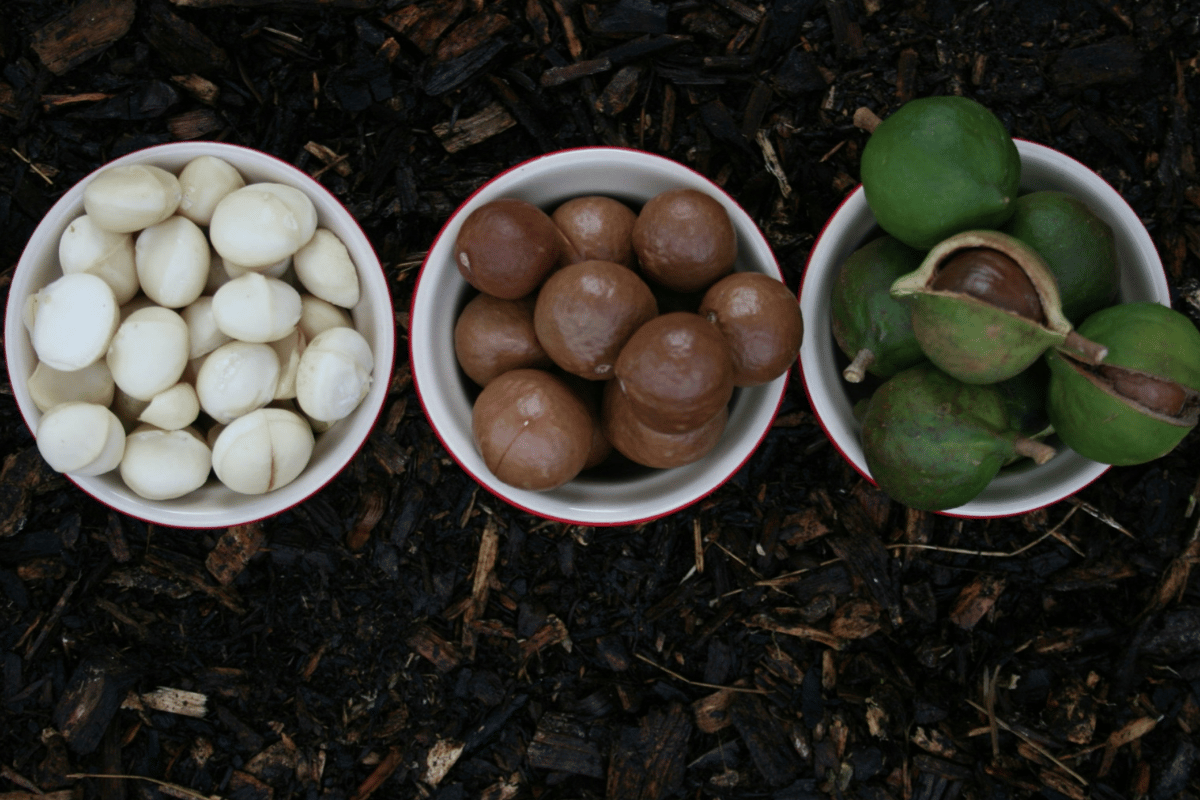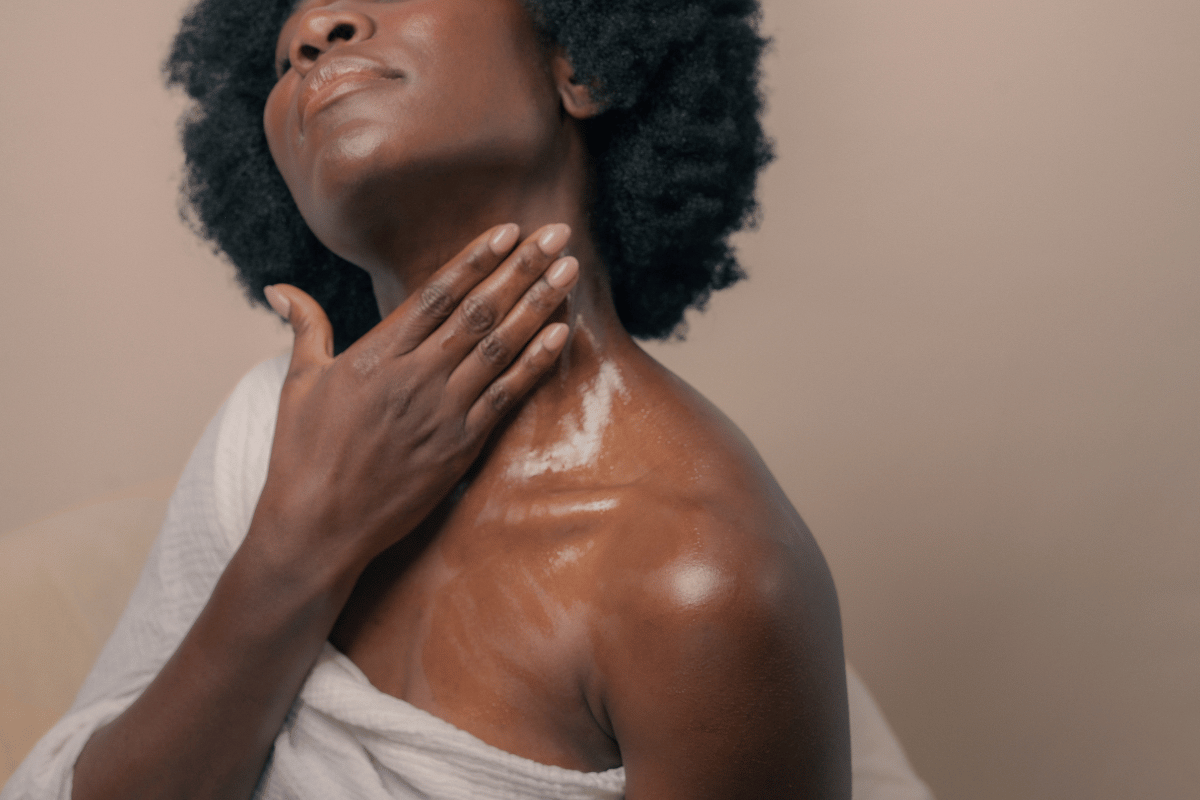
Menopause and Your Skin: What Changes to Expect and How to Adapt Your Routine
Menopause is a natural transition that affects every aspect of your body - and your skin is no exception. As hormone levels fluctuate and eventually decline, many women notice significant changes in their skin's texture, appearance, and behavior.
Understanding these changes and adapting your skincare routine accordingly can help you maintain healthy, radiant skin throughout this life stage and beyond.
THE HORMONAL IMPACT ON YOUR SKIN
During menopause, declining estrogen levels trigger a cascade of changes in your skin:
- Collagen production decreases by approximately 30% in the first five years of menopause
- Skin thickness reduces by about 1.13% per year post-menopause
- Oil production slows down, leading to increased dryness
- Cell turnover rate decreases, causing dullness and uneven texture
- Blood circulation reduces, affecting skin's natural glow
These changes don't happen overnight - they're gradual shifts that begin in perimenopause and continue post-menopause.
COMMON SKIN CHANGES DURING MENOPAUSE
Increased Dryness and Dehydration
Lower estrogen levels mean your skin produces less natural oils and loses its ability to retain moisture effectively. You might notice your previously normal or oily skin becoming dry, tight, or flaky.
Loss of Firmness and Elasticity
Reduced collagen and elastin production leads to sagging skin, deeper wrinkles, and loss of that youthful bounce. Areas around the eyes, mouth, and jawline are often most affected.
Increased Sensitivity
Your skin's protective barrier weakens, making it more reactive to products, weather, and environmental stressors that never bothered you before.
Uneven Pigmentation
Hormonal fluctuations can trigger melasma or worsen existing age spots, creating an uneven skin tone.
Slower Healing
Cuts, blemishes, and other skin issues take longer to heal as cell regeneration slows down.
ADAPTING YOUR SKINCARE ROUTINE
Step 1: Gentle, Hydrating Cleansing
Switch to a cream-based cleanser that won't strip your skin's natural oils. Our Radiance Cream Cleanser is perfect for mature skin, providing deep cleansing while maintaining hydration.
Step 2: Boost Collagen Production
Incorporate Vitamin C into your morning routine. Our Kakadu Brightening Serum contains four natural Vitamin C sources that stimulate collagen production and brighten skin.
Step 3: Deep Nourishment and Repair
Evening is when your skin repairs itself. Apply our Restore Serum, a concentrated blend of 15 nutrient oils that penetrates deeply to improve skin at the cellular level.
Step 4: Lock in Moisture
Use a rich moisturiser like our Ultra Rich Moisturiser, specifically formulated for mature skin with age-reversing properties.
TARGETED SOLUTIONS FOR MENOPAUSAL SKIN
For Dryness: Layer Your Hydration
Layering boosts hydration because each product works differently. A Vitamin C serum delivers lightweight moisture deep into the skin, while a face oil nourishes and restores suppleness. Finish with a moisturiser to lock everything in place and strengthen the skin barrier for lasting hydration.
For Loss of Firmness: Focus on Active Ingredients
Look for products with peptides, retinoids, and antioxidants. Vitamin C is particularly important as it supports collagen synthesis.
For Sensitivity: Simplify and Soothe
Reduce the number of products in your routine and choose gentle, natural formulations that have high-performing ingredients. Avoid harsh scrubs and high concentrations of acids.
For Pigmentation: Consistent Brightening
Use Vitamin C daily and always wear SPF. Consistent use of brightening ingredients will gradually improve uneven skin tone (pigmentation, dark age spots etc).
LIFESTYLE FACTORS THAT SUPPORT HEALTHY SKIN
Nutrition for Skin Health:
- Omega-3 fatty acids support skin barrier function
- Antioxidant-rich foods protect against free radical damage
- Adequate protein supports collagen production
- Phytoestrogens from soy and flaxseeds may help balance hormones
Hydration from Within
Drink plenty of water and consider herbal teas that support skin health, such as green tea or rooibos.
Quality Sleep
Your skin repairs itself during sleep. Aim for 7-9 hours of quality rest each night.
Stress Management
Chronic stress accelerates aging. Practice relaxation techniques like meditation, yoga, or deep breathing.
WHEN TO SEEK PROFESSIONAL HELP
Consider consulting a dermatologist if you experience:
- Sudden, severe skin changes
- Persistent irritation or sensitivity
- New or changing moles or spots
- Skin conditions that don't improve with proper care
EMBRACING YOUR SKIN'S EVOLUTION
Remember, these skin changes are a natural part of life's journey. With the right care and products, you can maintain healthy, beautiful skin at any age. The key is understanding your skin's changing needs and adapting your routine accordingly.
Our range of products is specifically formulated to address the unique challenges of mature skin, using natural, bio-active ingredients that work in harmony with your skin's natural processes.
FREQUENTLY ASKED QUESTIONS
At what age do menopausal skin changes typically begin?
Skin changes often begin during perimenopause, which can start in your 40s. However, the most significant changes usually occur in the first five years after menopause, when estrogen levels drop most dramatically.
Can I reverse the skin changes caused by menopause?
While you can't completely reverse all changes, you can significantly improve your skin's appearance and health with the right skincare routine, lifestyle choices and professional treatments. Consistency is key to seeing results.
Should I change my entire skincare routine during menopause?
You don't need to overhaul everything at once. Gradually introduce more hydrating and nourishing products, and pay attention to how your skin responds. Focus on gentle cleansing, cellular-deep hydration and active ingredients like Vitamin C.
Is it normal for my skin to become more sensitive during menopause?
Yes, increased sensitivity is very common during menopause due to hormonal changes and a weakened skin barrier. Choose gentle products that are formulated with sensitive skin in mind and introduce new items slowly to avoid irritation.
What's the most important change I can make to my routine?
Focus on hydration and nourishing ingredients that support your skin. Switch to a cream cleanser, use a nourishing serum, and apply a rich moisturiser. These three changes alone can make a significant difference in how your skin looks and feels.






